LEARNING
…………………….Learning is a treasure that will follow its owner anywhere.
The Hudson School follows the Early Years Foundation Stage (EYFS) and English National Curriculum completely; in addition, we also reference Nigeria and Africa strongly in topics or foundation subjects, thus providing local relevance, a Hudson advantage, provides the best of both worlds to students, making them better rounded as global citizens and better adjusted as local citizens.
Our class groups are:
Nursery
Our nursery follows the EYFS framework. The seven learning and development areas focus on giving your child the foundation they require as they learn skills, acquire knowledge, and gain understanding. We engage pupils for 3 months to 4 years with our interactive and tailored spaces and a dedicated experienced team.
We have different rooms for the different age groups:
Omo Ologo
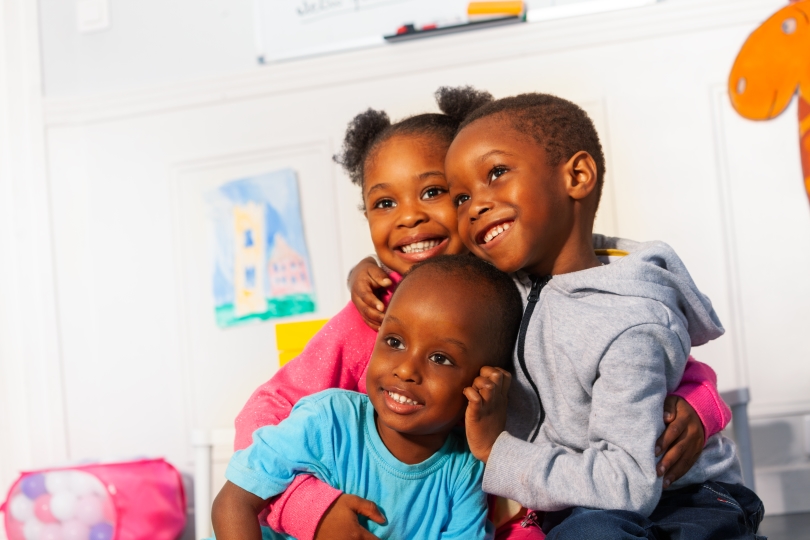
We have babies and young toddlers in this room providing care from 3 months, our vibrant space and tactile activities support their development.
We provide a calming and homely space where they feel safe and happy. They are engaged with tactile activities designed to stimulate the senses aiding their development. Children are admitted at 3 months. As they grow older (from about 12 months) they are introduced to our nursery routine
Dan Daukaka
This room is open to children from 1 to 3 years. Our indoor and outdoor spaces are designed to encourage the pupils to freely explore as they play and learn.
Exploration begins as toddlers discover their ability to walk. We actively encourage them with a learning environment that allows them to explore their curiosities in a safe space, whilst developing individual personalities, thoughts, and preferences.
We provide an indoor and outdoor space, designed to encourage the pupils to freely explore as they play.
Our toddlers have a designated sleeping area that is always accompanied by a member of staff to ensure they sleep safely and comfortably.
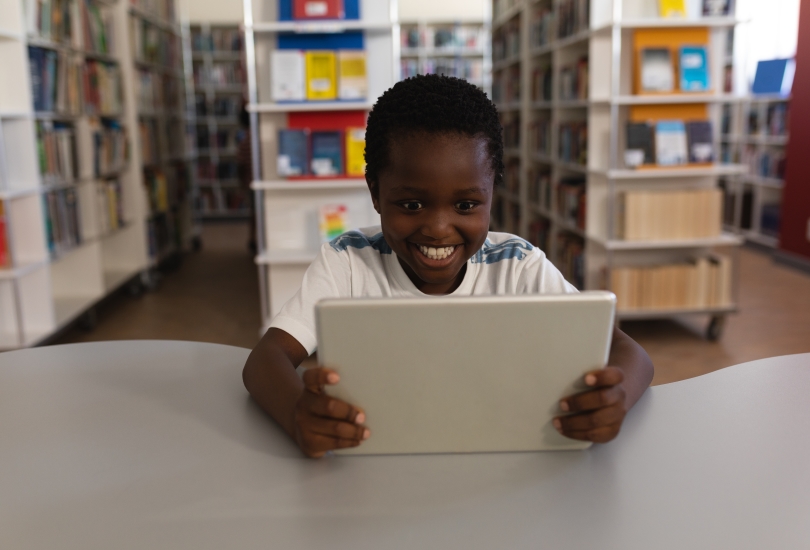
Nwa Ebube
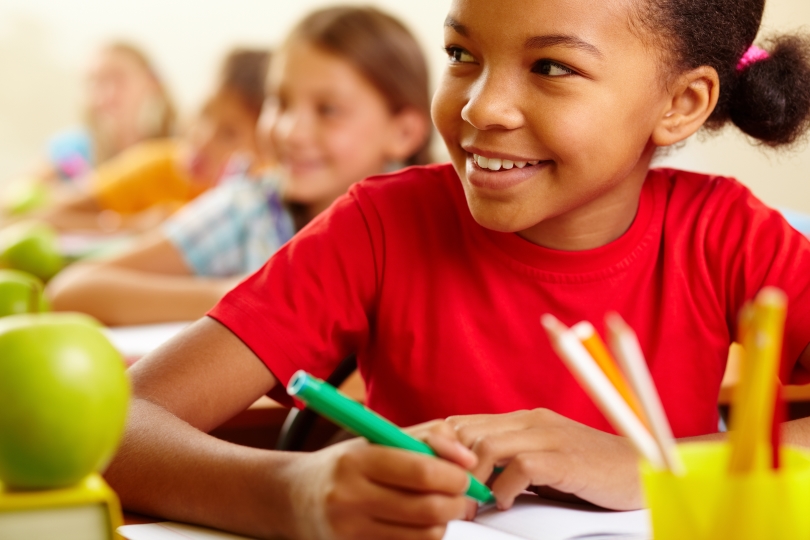
The Nwa Ebube room is open to children from 3 to 4 years. They continue to explore and develop their independence and personalities as they are prepared for reception.
The children are introduced to experiences in more academically focused learning concepts - Phonics, Early Reading, Literacy, and Numeracy. The typical approach will be learning through play.
As the children begin to develop their independence and individual personalities, they are encouraged to engage in opportunities for them to develop intellectually, physically, and emotionally to prepare them for the upcoming experience of reception-level education.
Reception
Reception is the end of EYFS and the beginning of school, children start at age 4 or 5. Here we lay the foundation for the next major stage in their development.
Reception is very crucial. it is the final stage of EYFS and the first stage of formal school. It is here that firm foundations are laid to build a sense of emotional security and resilience. After their home, school is the next most important place for most pupils.
Our focus is to ensure the pupils have wholesome experiences at school as it plays a vital part in the children’s lives, determining their academic, social, and possibly occupational futures.
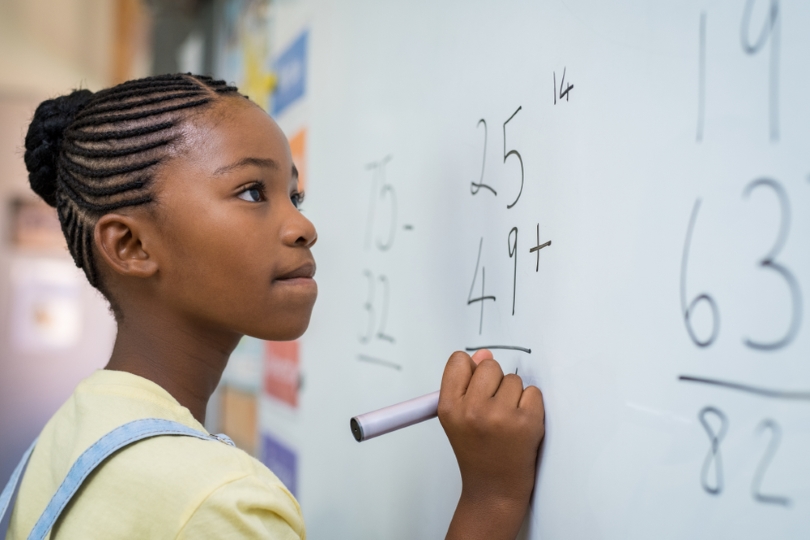
Primary
We continue to learn in and out of the classroom in Years 1 and 2 as we offer theme-based learning in small and large groups. Beginning in Year 3, we introduce more advanced learning plans as they continue to develop their skills as individuals. Swimming is a part of the primary Curriculum as a life skill. Taekwondo – self-defense classes are introduced in key stage 2. Our subjects include – Mathematics, English, Science, Geography, History, Arts & Design, Music, Design & Technology, Computing, Religious Education, Spanish, Yoruba, PSHE, P.E, and Drama
Our primary section has the Key Stage 1 and Lower & Upper Key Stage 2.
Key Stage 1
We continue to learn in and out of the classroom in Years 1 and 2 as we offer theme-based learning in small and large groups. Enrolment is at age 5 or 6.
In Key Stage 1, we continue to inspire the children to learn our rich and varied curriculum gives pupils opportunities to develop inquisitive minds and a lifelong love of learning. We believe in celebrating every success and preparing our pupils for the future.
Our curriculum is designed to instill high aspirations in all our pupils and to encourage them to become resilient, lifelong learners who embrace challenges and continue to grow as individuals. While we follow the English National Curriculum for all subjects, each term, our foundation subjects have a theme that we build on year after year. This forms the basis of all the activities where the pupils apply themselves creatively and express their knowledge and understanding effectively and develop the essential skills needed.
At the end of KS 1, the children shall take the SATs
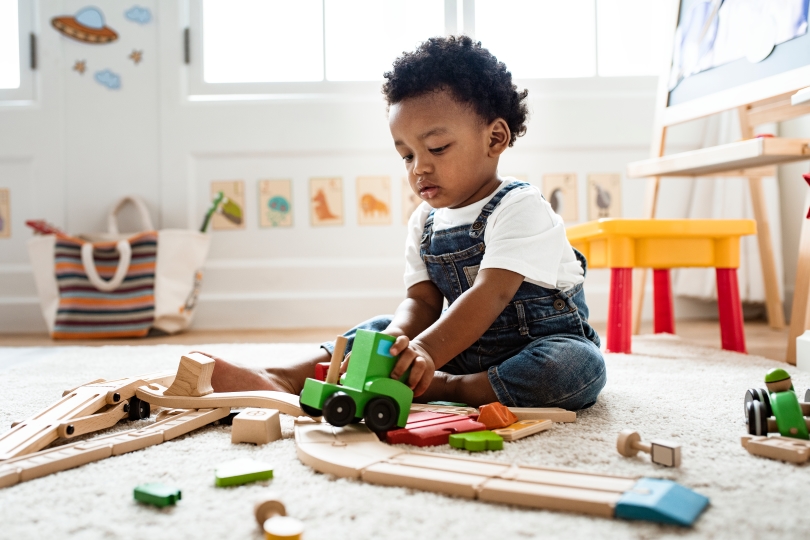
Lower Key Stage 2

Beginning at Year 3, we introduce more advanced learning plans as they continue to develop their skills as individuals and as groups
At the beginning of lower key stage 2, Children are encouraged to investigate on their own and develop independent thought. Our rich and varied curriculum gives them opportunities to develop inquisitive minds and a lifelong love of learning. We will offer a range of experiences to bring their learning to life, from hands-on workshops, performances, and educational trips.
Upper Key Stage 2
The beginning of upper key stage 2 marks a significant shift from the previous years as we build upon embedded teaching to start the transition to a secondary school education
Year 5 marks a significant shift from the previous years as we build upon embedded teaching to start the transition to secondary school education. They are encouraged to learn and participate in our fun and engaging approach to education.
For all foundation subjects, our Curriculum is broad and balanced, with a mix of skills, knowledge, and creativity. We engage pupils through inspiring topics, which bring awareness and deepen their knowledge and understanding of the wider world. Progress and attainment are tracked through the skills framework assessment and outcomes inform teaching.
Our extra-curricular activities enable the children to develop life skills; teamwork, community involvement, social development, and self-esteem.
